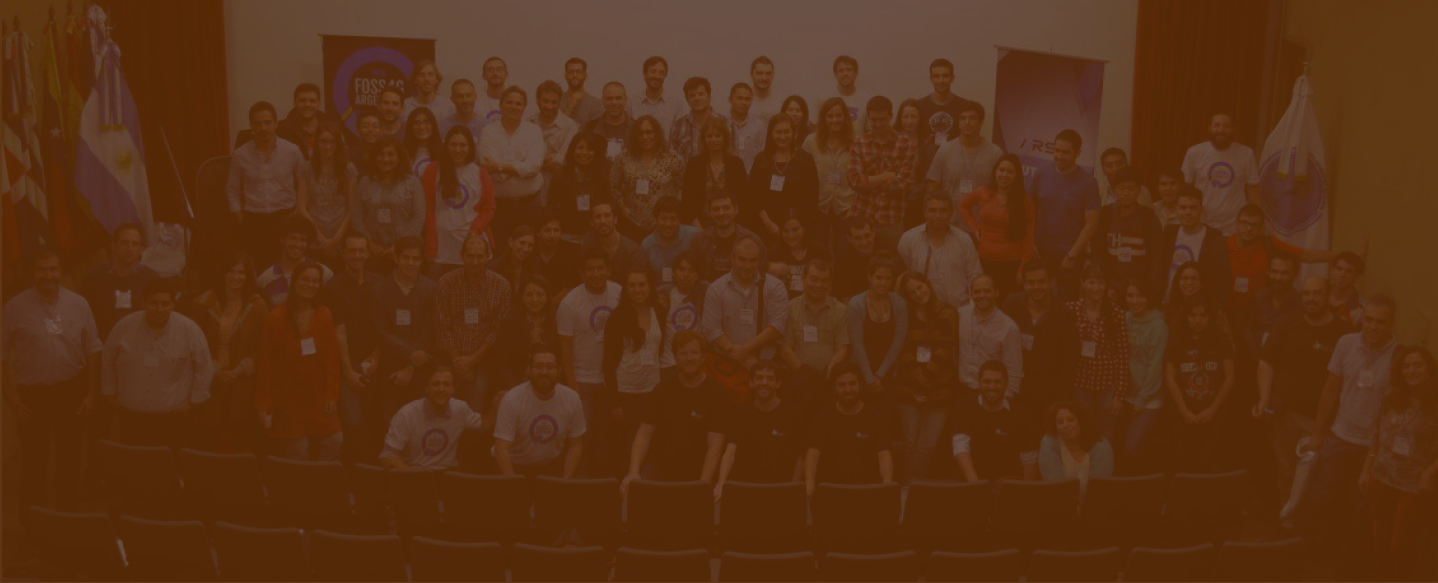Laura Mugeha
I am a Geospatial engineer working in the intersection of FOSS, open data, and development. I currently work with a social enterprise to support teams in using data. Additionally, I am a YouthMappers regional ambassador where I support chapters locally. In my free time, I volunteer with FOSS communities.
Sessions
As more communities, organizations, and individuals are interested and are working towards solving some of the world’s biggest challenges, there has been a growing need for open data and FOSS. In as much as we have had progress in several sectors, underrepresented and marginalized groups, especially women and girls, are still being left behind. To cater to these groups, it’s critical that we have open gender data at micro levels to inform and support the development of these solutions. In 2020, the OpenStreetMap community in Kenya conducted a mapping project aimed at creating gender health data. Basing on our experience, we would like to share and answer: How does geospatial gender data look like? Does open geospatial gender data exist? How does this look like in open maps like OpenStreetMap?
The session highlights the different aspects related to equality and diversity in FOSS4G.
In the past years, women+ groups, including Women in Geospatial+, have amassed members from all over the globe, as well as from all backgrounds in the geospatial field. Through our work, we noticed increased interest in participation in the geospatial field, necessity for mentorship and being mentored, proactivity and a keen desire to learn and have access to skills and opportunities that were not being easily available to women so far. Through our work and the work of other sister organisations (e.g Geochicas, African Women in GIS, Ladies of Landsat, Sisters of SAR, GeoLatinas), we could determine that while the trend for equality and diversity in the field is a positive one, albeit slow, there is an imbalanced involvement in open source component of the geospatial field, with less women+ representatives overall.

